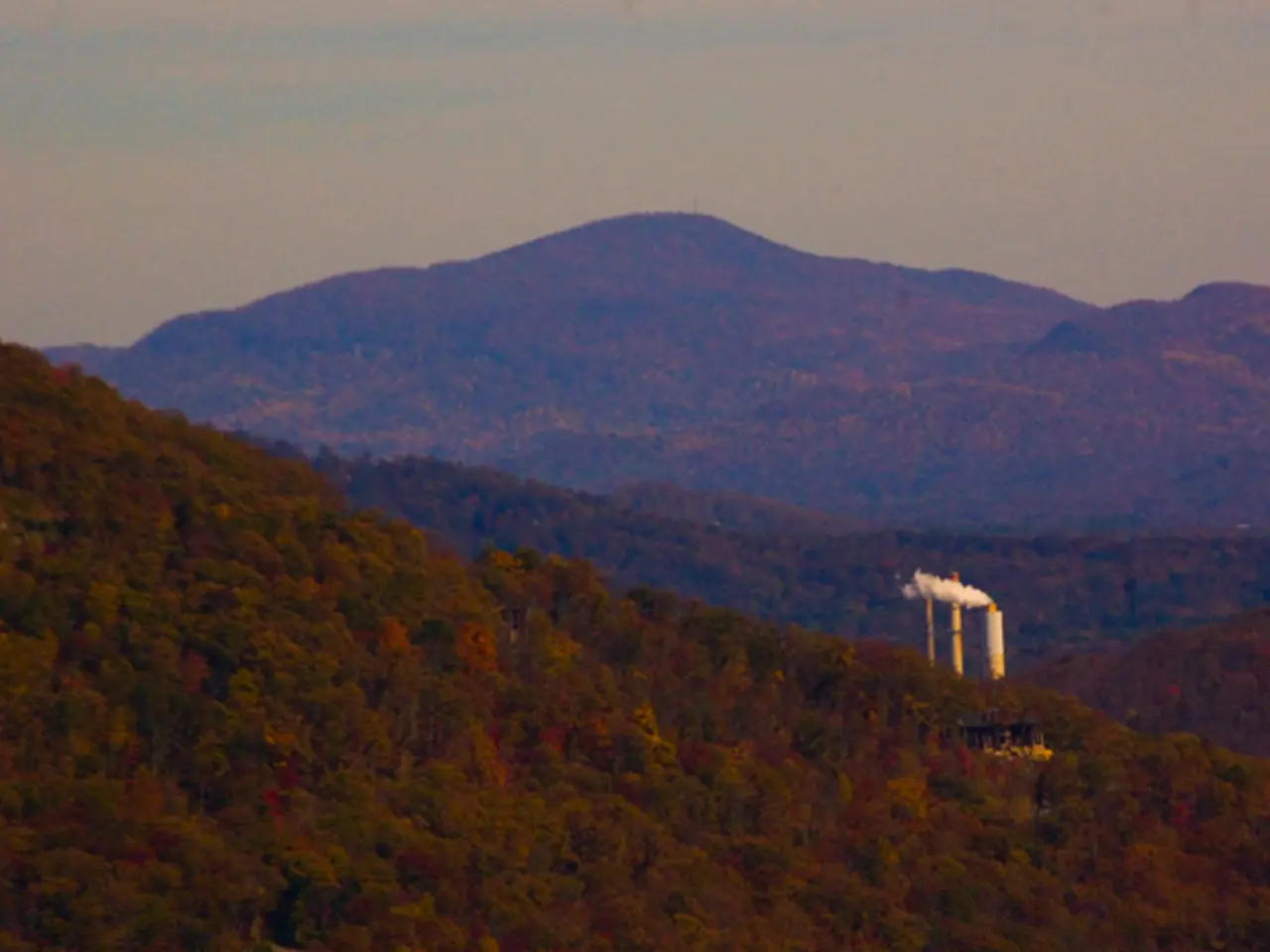Emission standards causing controversy
In a bid to foster a greener and more energy-efficient future, the Corporate Average Fuel Efficiency (CAFE) norms and the Worldwide Harmonised Light Vehicles Test Procedure (WLTP) are gaining traction in India's automotive sector.
The CAFE norms, designed to enhance vehicle fuel efficiency, reduce fuel consumption, and cut greenhouse gas emissions, also incentivise the development and adoption of cleaner technologies such as electric and hybrid vehicles. By setting specific targets for manufacturers, these norms encourage the production of more fuel-efficient vehicles, thereby helping conserve energy resources.
The adoption of CAFE norms further aids in reducing greenhouse gas emissions and pollutants, contributing to better air quality and climate change mitigation. This shift towards sustainability aligns with India's efforts to address environmental challenges and transition towards a more sustainable and energy-efficient automotive industry.
The WLTP, another measure offering benefits such as reduction in emissions, promotion of cleaner technologies, and energy conservation, holds significant importance in India. As the country considers adopting more stringent emissions standards, the WLTP could play a pivotal role in ensuring that vehicles meet these new standards. It provides a more accurate measure of emissions like CO2, NOx, and particulate matter compared to older testing procedures.
If India decides to align its CAFE standards with the WLTP, it would help in setting more precise targets for fuel efficiency and CO2 emissions reduction. This could lead to a more environmentally friendly automotive sector. Furthermore, the adoption of WLTP could help India align its automotive regulations with international standards, potentially enhancing the competitiveness of Indian vehicles in global markets.
However, Indian automakers have expressed concerns about the immediate implementation of WLTP, suggesting a phased approach that considers the broader regulatory framework and upcoming standards. This indicates that while the WLTP is important, its integration into India's automotive sector needs careful planning and coordination with existing and future regulatory frameworks.
Meanwhile, in the aviation sector, the Directorate General of Civil Aviation (DGCA) has made fuel control switch checks mandatory after the Air India crash, and fuel switches on Boeing 787 aircraft are under scrutiny following the incident. Etihad Airways has advised pilots to exercise 'extreme caution' in this regard.
As India navigates the complexities of transitioning towards a more sustainable future, the integration of WLTP and CAFE norms supports this shift, offering a promising path towards a more environmentally friendly automotive industry.
The integration of Defi, a decentralized financial technology, could potentially revolutionize the financial landscape, offering a more sustainable and efficient method of funding the development and adoption of cleaner technologies in the automotive sector. By leveraging blockchain technology and smart contracts, Defi could streamline the process of allocating resources towards fuel efficiency and CO2 emissions reduction initiatives.
The market for Environmental-Science technology is anticipated to grow significantly as nations globalize their efforts to combat climate change and safeguard the environment. Advancements in this field could help India achieve its goals of a greener and more energy-efficient future by providing innovative solutions for reducing greenhouse gas emissions, pollutants, and improving air quality.
Adopting stricter technology regulations could ensure that the automotive industry remains accountable for compliance with new emissions standards, promoting cleaner technologies, and held responsible for reducing fuel consumption and greenhouse gas emissions. This could be achieved by implementing guidelines and checks for fuel efficiency and emissions that closely follow the WLTP or other similar testing procedures.




